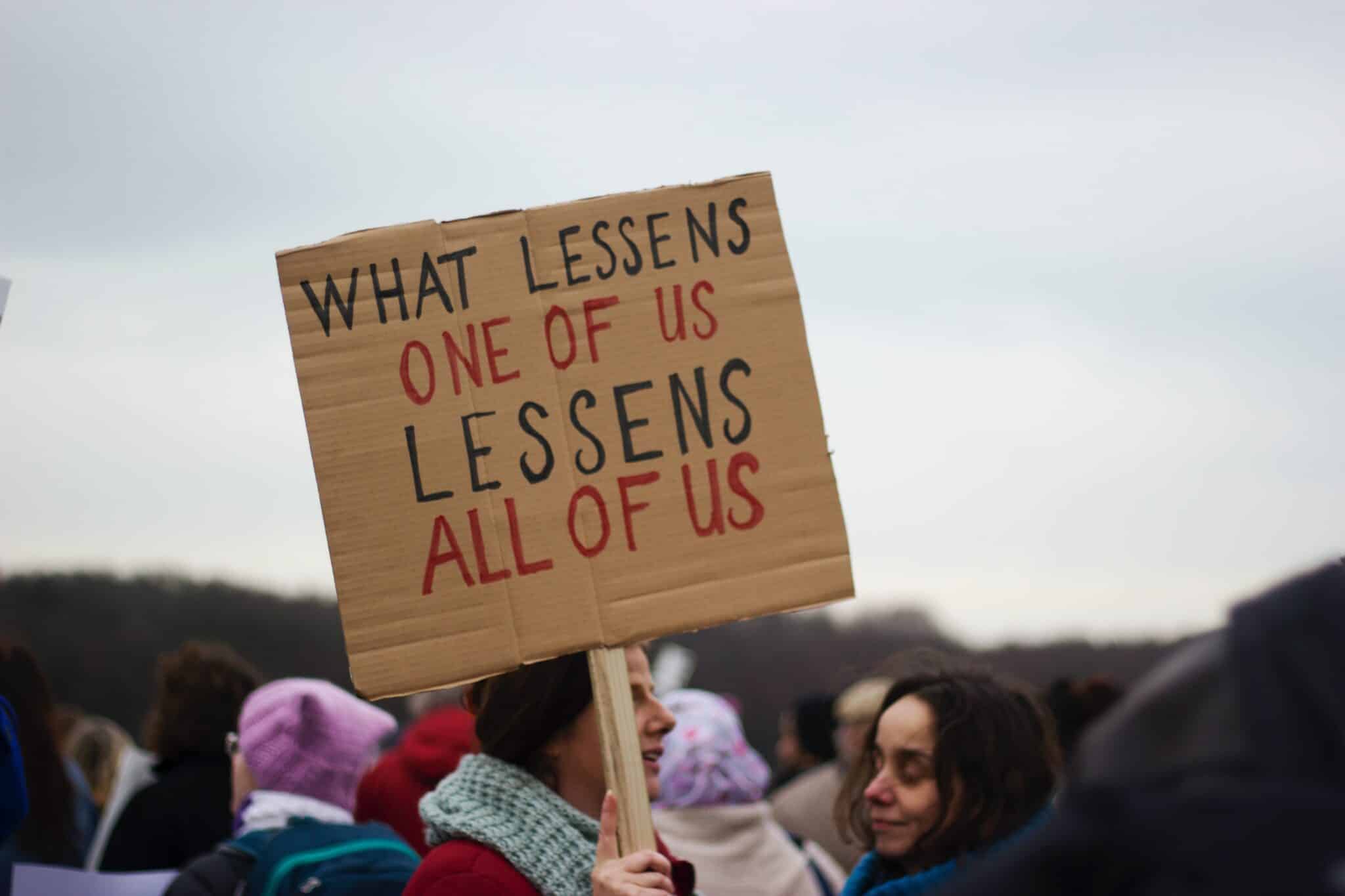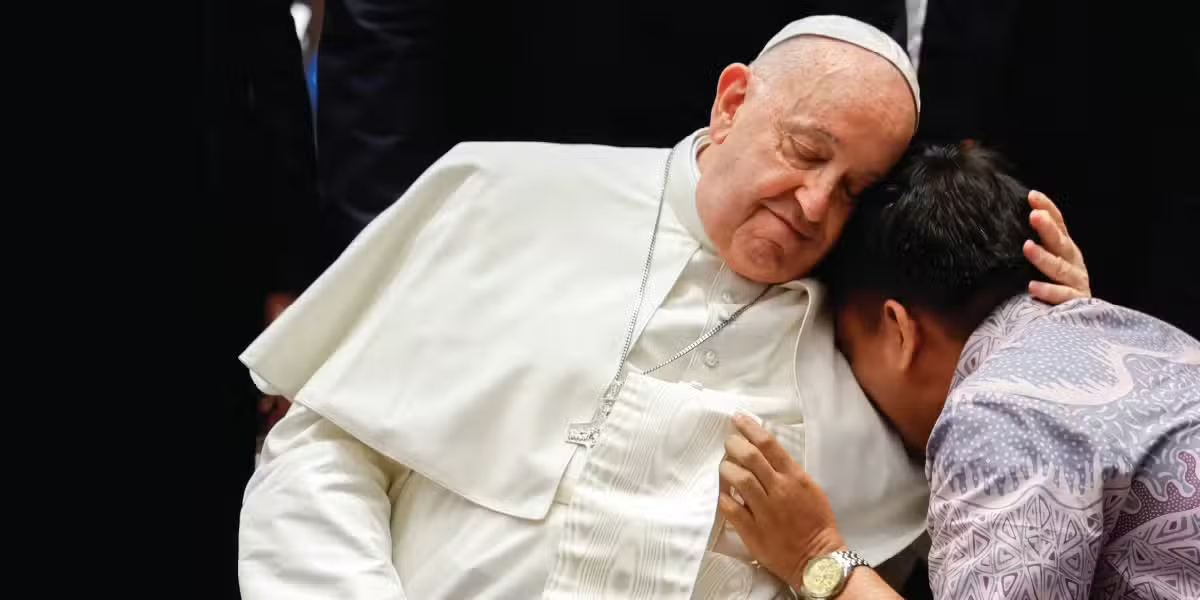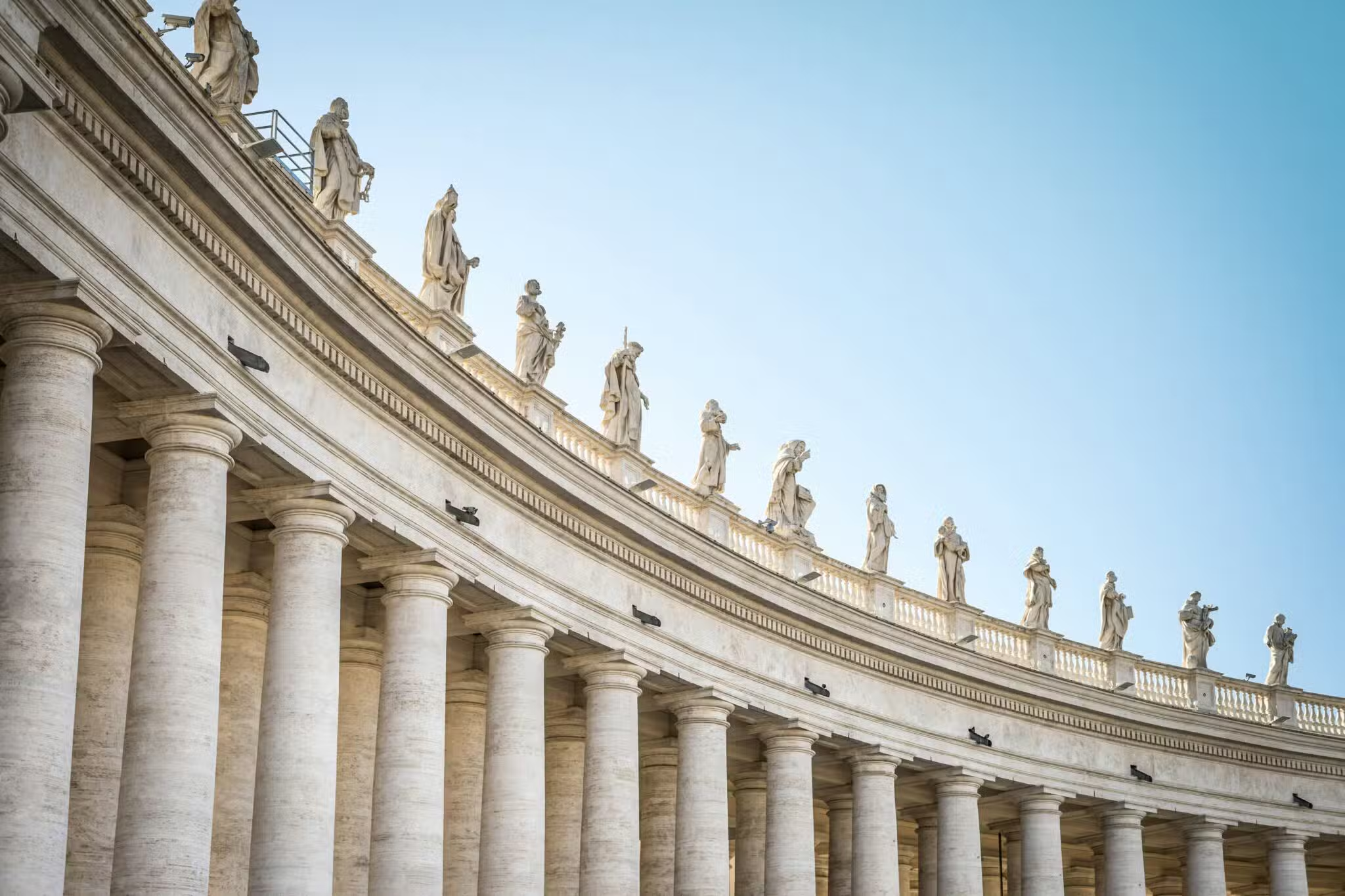Read
MT 21:33-43
While still more people gathered in the crowd, Jesus said to them, “This generation is an evil generation; it seeks a sign, but no sign will be given it, except the sign of Jonah.
CLICK HERE TO READ THE REST OF THE GOSPEL.
UNDERSTAND
by Father Greg Friedman, OFM
Take pity on a friend of mine—he had two daughters married within six months. Imagine the financial burden as well as the emotional pressures to please everyone. Happily, my friend held up well. I think of him as I read today’s Gospel and the parable of a wedding where the host father doesn’t fare as well. His guests refuse to come and then kill the servants who bring the invitations. At the feast itself, a guest without a wedding garment gets thrown out bodily. After all that the host had endured, who can blame him?
In borrowing this parable from his sources, Matthew adds the violent details for both guests and host. Matthew’s community–composed of both Jewish and Gentile converts—had to endure hostility from the Jewish synagogue and perhaps the Romans as well. Scripture scholars suggest Matthew wants his community to take God’s invitation to the Kingdom seriously. Those who refuse to come—some of God’s Chosen People—receive a harsh judgment, as do Christians who take the invitation for granted—like the improperly dressed guest.
As with all parables, we can’t be too literal: The king in the story isn’t doubling for God in all aspects. We know from the rest of Matthew’s Gospel that Jesus taught us how God gives sinners another chance. But there’s a definite warning here for Christians of any age. We must take the Kingdom—and our participation in it—very seriously.
CLICK HERE TO LISTEN TO THE AUDIO
DISCUSS
by Father Dan Kroger, OFM
• In the first reading (Isaiah 25:6-10a), Isaiah envisions a mountain where the Lord of hosts will provide for all peoples. What will God give to them all?
Is it only food and drink that the Lord will provide? What else will God do?
• Paul says, in the second reading (Phil 4:12-14, 19-20), that he has learned how to live with abundance and in hunger. Ultimately, he says: “I can do all things in him who strengthens me.”
Paul notes how it was kind of the Philippians to share in his distress. What did they do for Paul?
Epaphroditus is mentioned in Phil 2:25-30 because he risked his life to help Paul. In fact, Epaphroditus was very ill and near death, but he got better.
Phil 4:15-18 says they sent him to help Paul. How? (He probably brought a gift of money to Paul for his needs.)
• In the Gospel (Mt 22:1-14), Jesus tells a parable about a king who prepared a wedding banquet for his son. But what happened? When the invited guests would not come what did the king do?
What do you think about the one man who was not wearing a wedding garment? (Explain that it was a custom to provide proper clothing for the wedding guests.)
ACT
by Susan Hines-Brigger
• There’s a lot of talk about signs in this week’s Gospel. We’re surrounded by signs on a daily basis and one of them is a stoplight. Gather your family or friends and play a game of red light, green light.
• Do some research and find out where the city of Nineveh, which is referenced in this week’s Gospel, was located.







